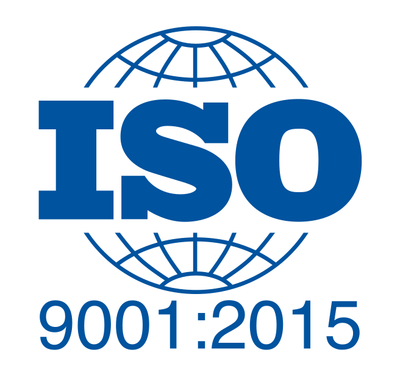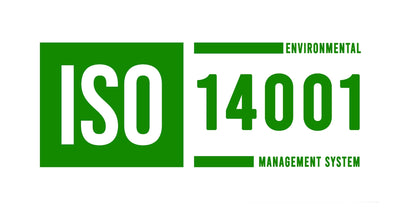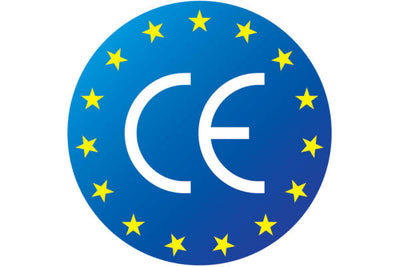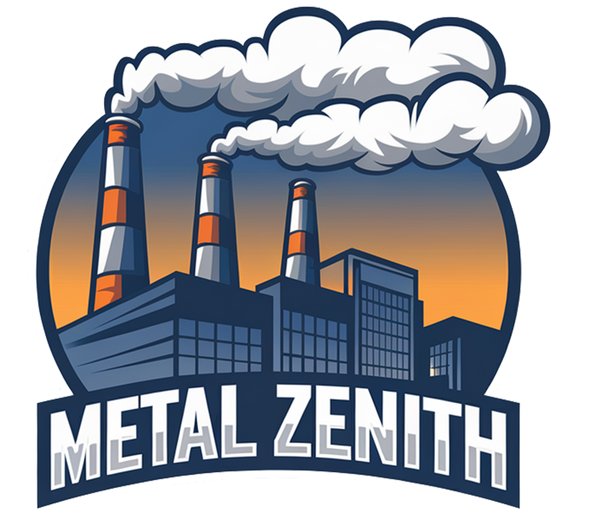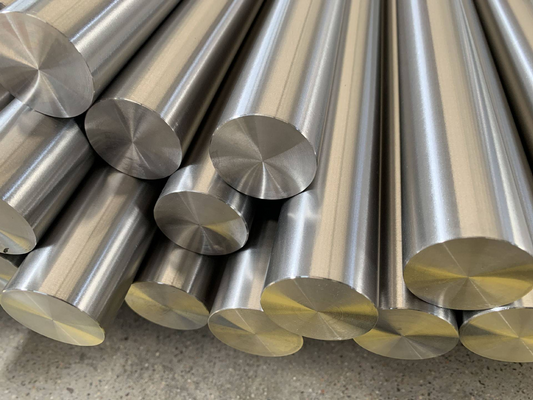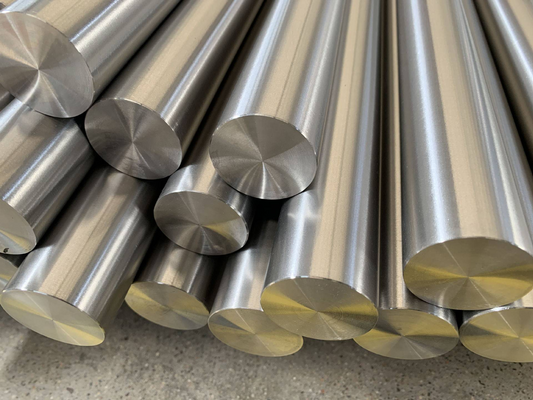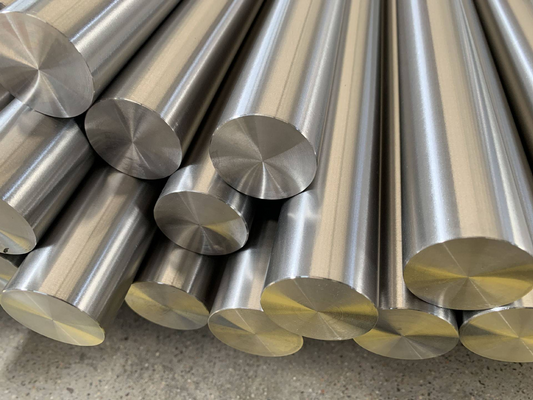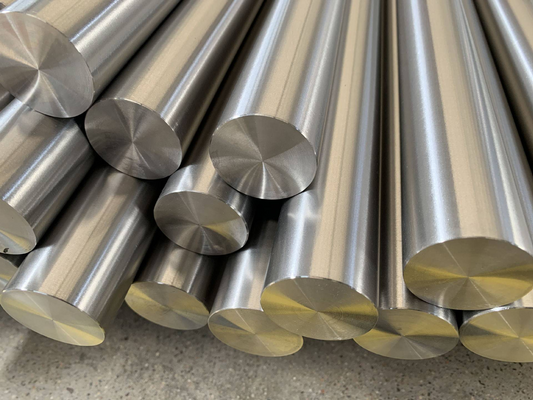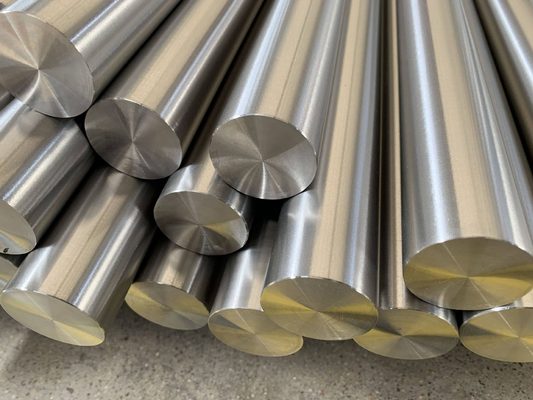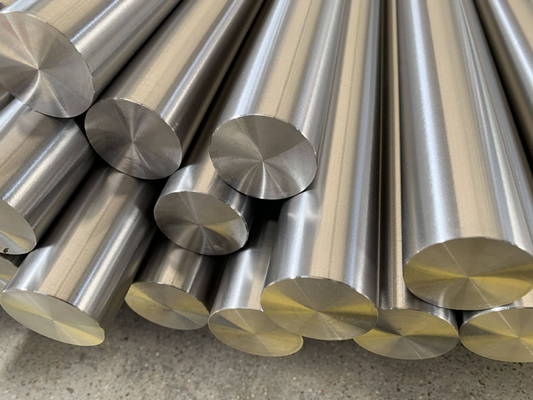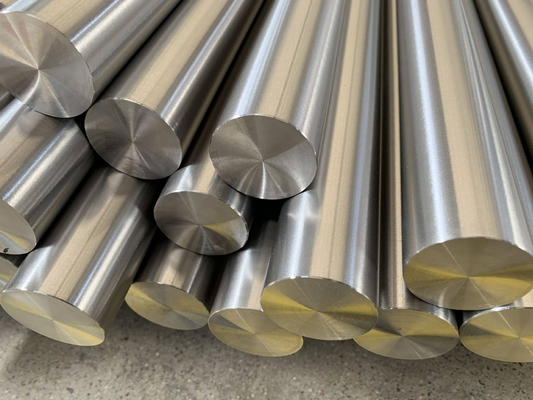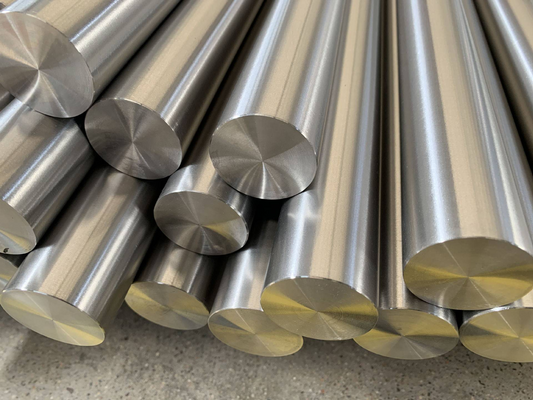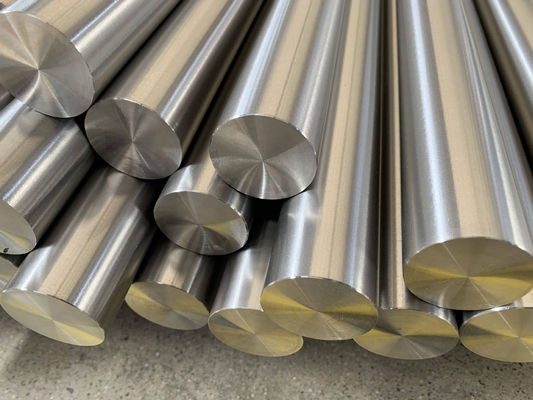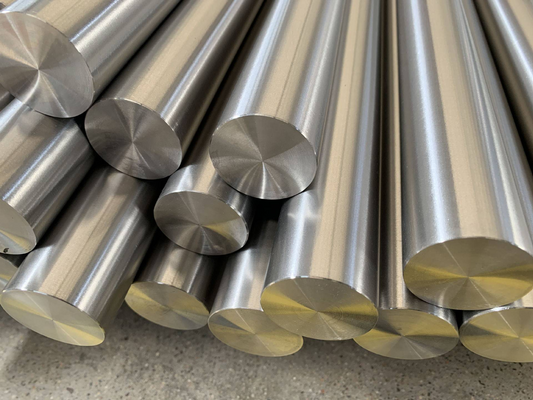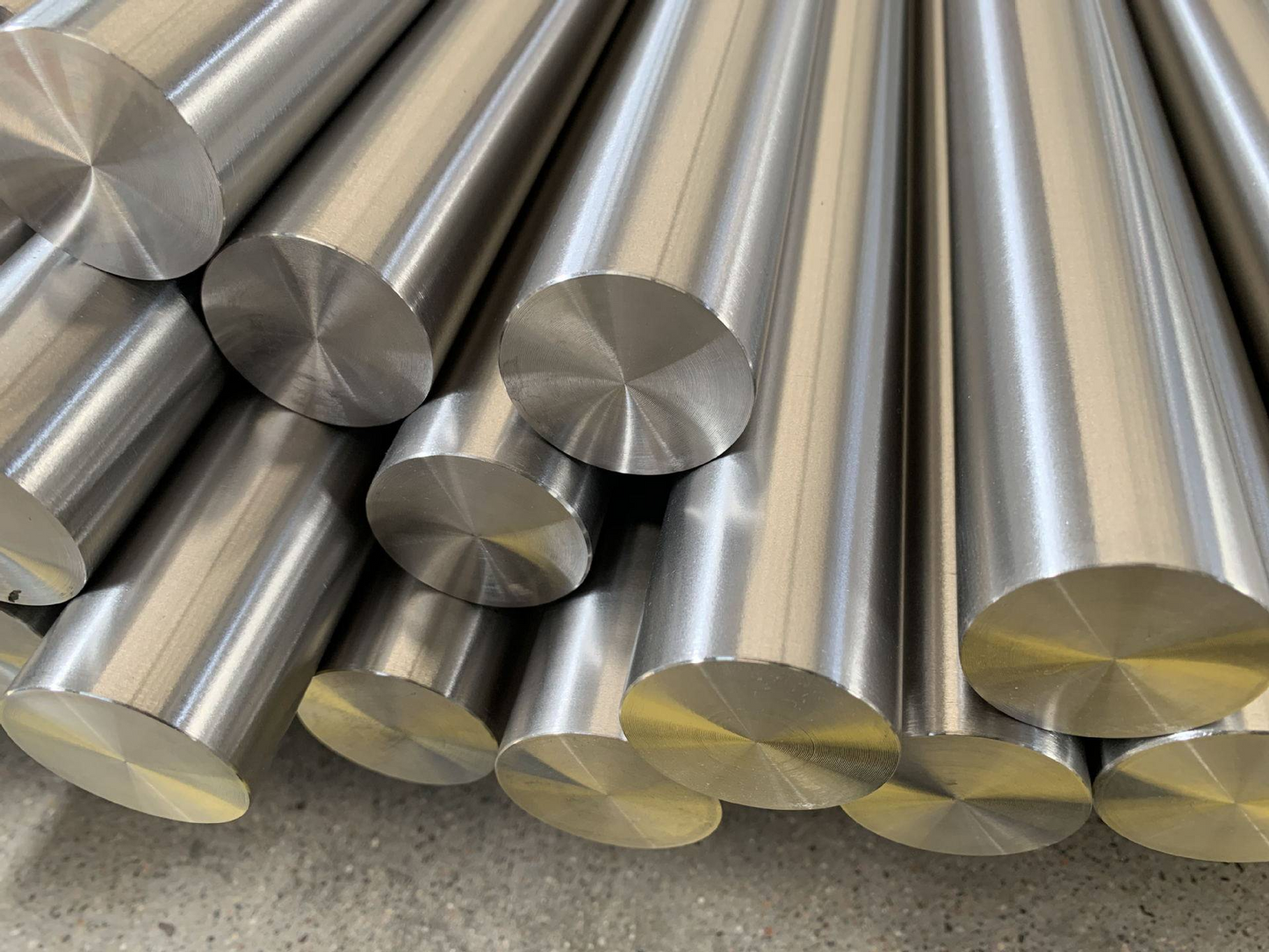
20年の経験 | 1000以上のブランドパートナー | 完全なカスタマイズ
私たちは20年の業界経験があり、1,000以上のブランドと提携し、あらゆるカスタマイズニーズをサポートしています。
Technical Specifications
Product Overview
冶金特性
GB L360は、主にフェライト-パーライトの微細構造を持つ高強度低合金(HSLA)鋼であり、制御された圧延と急冷プロセスによって強化されています。この鋼は、バナジウム、ニオブ、チタンなどの微合金元素を利用した粒子細化と析出強化メカニズムを通じて、優れた機械的特性を達成します。
製造プロセス
MetalZenithは、電気アーク炉溶融、鋳型精錬、連続鋳造、制御された熱機械処理を含む統合鋼製造ルートを通じてGB L360鋼を製造しています。制御された圧延プロセスでは、熱変形中の温度を正確に制御し、その後急冷を行うことで、最適な微細構造の細化と機械的特性の向上を達成します。
熱処理と加工
GB L360鋼は通常、圧延状態で供給され、圧延温度からの制御冷却により必要な機械的特性が提供されます。900-950°Cでの正規化熱処理が適用されることがあり、応力緩和と微細構造の均質化が行われます。低炭素当量のため、溶接前加熱は一般的に必要ありませんが、重要な用途には溶接後熱処理が指定されることがあります。
品質基準と試験
MetalZenithが製造するすべてのGB L360鋼製品は、GB/T 9711国家基準およびAPI 5L国際規格に準拠しています。包括的な品質管理には、化学組成の確認、引張試験、シャルピーVノッチ衝撃試験、硬度測定、超音波試験や磁気粒子検査を含む非破壊検査が含まれます。
溶接性と加工
GB L360鋼は、制御された化学組成と低炭素当量により、優れた溶接性を示します。この鋼は、SMAW、GMAW、GTAW、SAWなどの従来のアーク溶接プロセスを使用して溶接できます。適切な溶接手順と資格を持った溶接工が、パイプライン建設用途における接合部の完全性と機械的特性の一致を確保します。
🧪 Chemical Composition
| 元素 | 組成 (%) |
|---|---|
| 炭素 (C) | ≤ 0.24 |
| マンガン (Mn) | 1.00 - 1.45 |
| シリコン (Si) | ≤ 0.45 |
| リン (P) | ≤ 0.025 |
| 硫黄 (S) | ≤ 0.015 |
| クロム (Cr) | ≤ 0.30 |
| ニッケル (Ni) | ≤ 0.30 |
| モリブデン (Mo) | ≤ 0.15 |
| 銅 (Cu) | ≤ 0.50 |
| バナジウム (V) | ≤ 0.06 |
| ニオブ (Nb) | ≤ 0.05 |
| チタン (Ti) | ≤ 0.04 |
| アルミニウム (Al) | ≤ 0.06 |
| 炭素当量 (CE) | ≤ 0.43 |
⚙️ Mechanical Properties
| 特性 | 値 |
|---|---|
| 降伏強度 (Rt0.5) | 360 - 530 MPa |
| 引張強度 (Rm) | 460 - 760 MPa |
| 伸び (A) | ≥ 22% |
| 降伏比 | ≤ 0.93 |
| シャルピーVノッチ衝撃エネルギー (0°C) | ≥ 27 J |
| シャルピーVノッチ衝撃エネルギー (-10°C) | ≥ 40 J |
| 硬度 (HV10) | ≤ 250 |
| ヤング率 | 210 GPa |
| ポアソン比 | 0.27 - 0.30 |
| 疲労限界 (10^7 サイクル) | 180 - 220 MPa |
| 破壊靭性 (KIC) | 150 - 200 MPa·m^0.5 |
| せん断弾性率 | 80 GPa |
🔬 Physical Properties
| プロパティ | 値 |
|---|---|
| 密度 | 7.85 g/cm³ |
| 融点 | 1510 - 1540°C |
| 熱伝導率 (20°C) | 54 W/m·K |
| 熱膨張係数 (20-100°C) | 12×10-6/K |
| 比熱容量 | 500 J/kg·K |
| 電気抵抗率 (20°C) | 0.16 µΩ·m |
| 磁気透過率 | 強磁性 |
| キュリー温度 | 770°C |
| 熱拡散率 | 13.7×10-6 m²/s |
| 放射率 (酸化表面) | 0.79 |
| 熱膨張 (20-200°C) | 13×10-6/K |
| 熱膨張 (20-400°C) | 14×10-6/K |
📏 Product Specifications
| 仕様 | 詳細 |
|---|---|
| 利用可能な形状 | シームレスパイプ、溶接パイプ、プレート、シート、コイル、バー |
| パイプ直径範囲 | 21.3 - 1422 mm (0.84 - 56 インチ) |
| 壁厚範囲 | 2.0 - 80 mm (0.08 - 3.15 インチ) |
| プレート厚範囲 | 6 - 150 mm (0.24 - 5.91 インチ) |
| 標準長さ | 5.8 - 18 m (ランダム長、固定長、ダブルランダム長) |
| 製造基準 | GB/T 9711, API 5L, ISO 3183, EN 10208 |
| 表面仕上げ | 黒、塗装、3PEコーティング、FBEコーティング、亜鉛メッキ |
| 端部仕上げ | 平端、斜め端、ねじ切りおよびカップリング |
| 寸法公差 | ±1% for OD, ±10% for WT (API 5L standards) |
| 試験要件 | 水圧試験、NDT、化学分析、機械試験 |
| 認証 | ミルテスト証明書、第三者検査可能 |
| 包装 | 束、木製ケース、鋼フレーム、輸出包装 |
あなたのプロジェクトの成功を共に創りましょう
プロフェッショナルチーム、プレミアム製品、完全なサービス - あなたのプロジェクトの成功は私たちの使命です
Our Advantages in Processing GB L360

高度制御圧延技術
MetalZenithは、GB L360鋼の最適な粒子細化と機械的特性を達成するために、精密制御された圧延および加速冷却プロセスを利用しており、従来の熱間圧延製品と比較して優れた強度、靭性、および溶接性を確保しています。
包括的な品質管理システム
私たちの統合品質管理システムには、リアルタイム化学分析、自動機械試験、超音波検査、そしてすべての生産段階での寸法検証が含まれており、一貫したGB L360鋼の特性と完全なトレーサビリティ文書を保証します。


グローバルサプライチェーンの卓越性
MetalZenithは、さまざまな製品形状、寸法、および表面仕上げを含むGB L360鋼の柔軟なカスタマイズオプションを提供しており、シームレスなプロジェクト実行のために、当社の世界的な流通ネットワークと技術サポートサービスによってサポートされています。
あなたの信頼できる 鋼
製造パートナー
クイックお問い合わせ
私たちが提供する業界
主要産業向けのプロフェッショナルな鋼ソリューション
資格と認証
